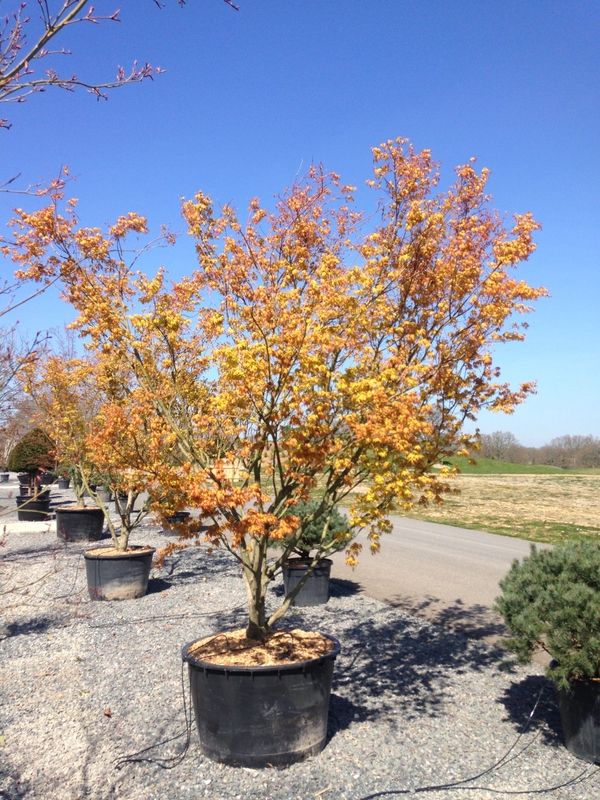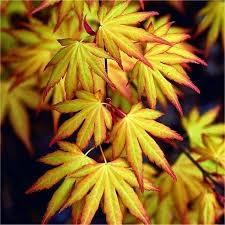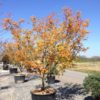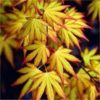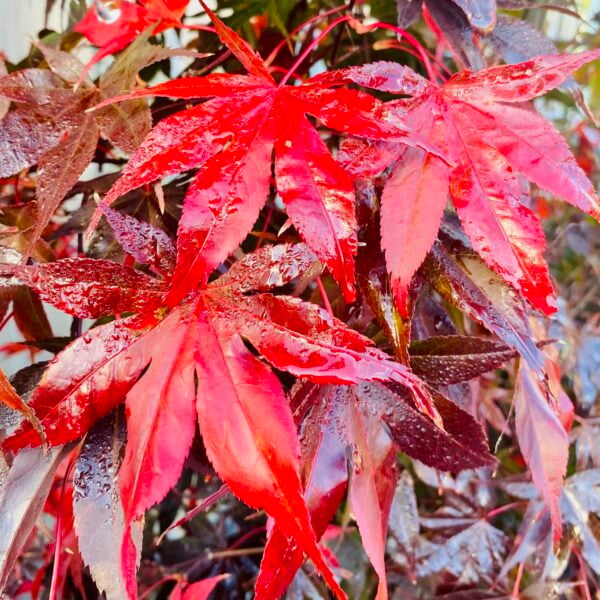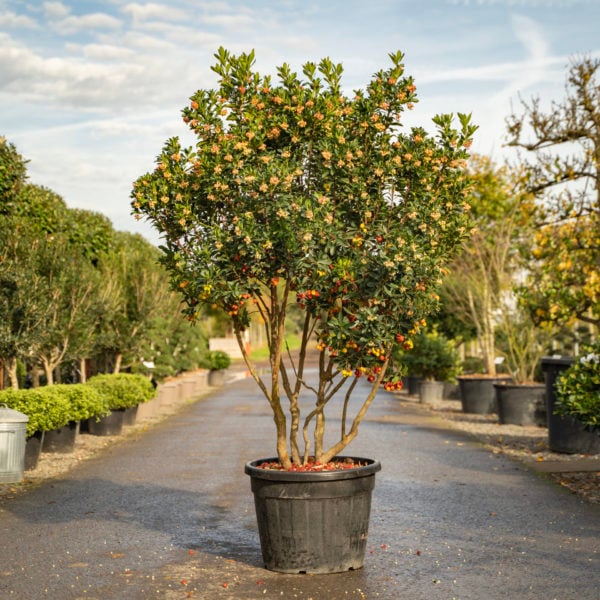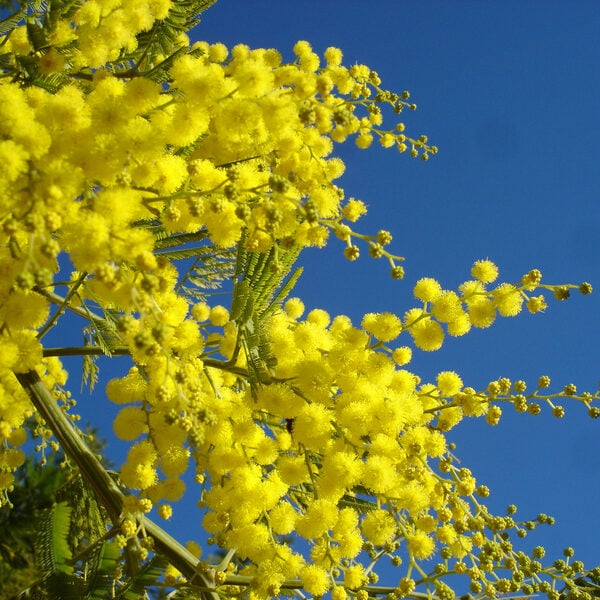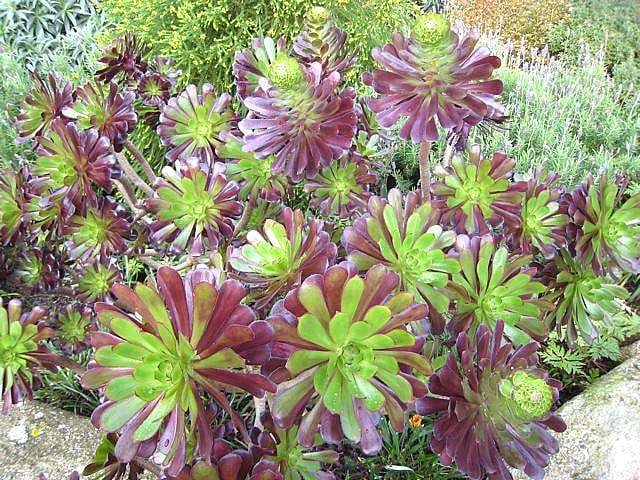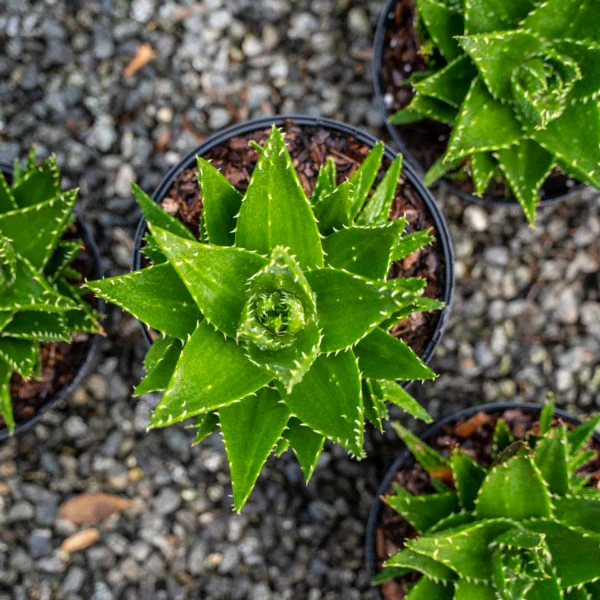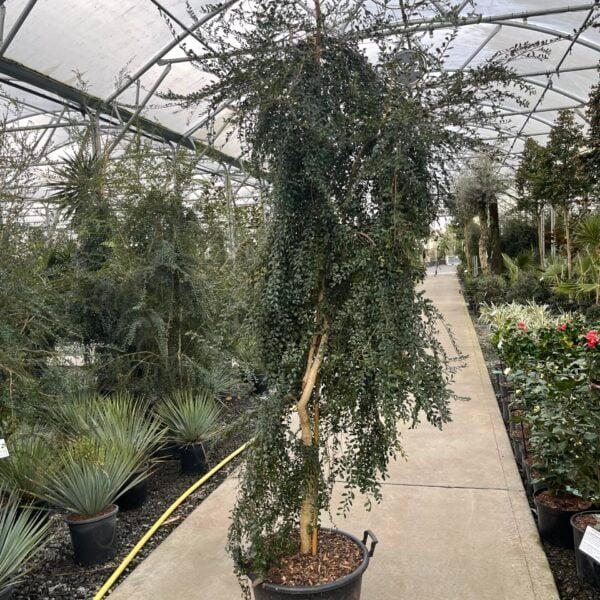Acer palmatum ‘Katsura’ (Japanese Maple )
Produces fantastic pale orange/yellow spring foliage gradually fading to medium green in early summer. Soft oranges and yellows in autumn before leaf drop. 15ft after 25 years. Please contact us for stock availability and sizes.

Hardiness level Green
Katsura’s leaves emerge a very pale and delicate green in spring, the sort of pale green that sails very close to yellow, and then each frond develops a coastline of ferrous red for summer. Masses of magnificent red in autumn will follow as the Acer genes hit the turbo setting. Nice leaves on this one, being a very deeply-lobed but classic maple shape.
One for your collection of collectables: there are some equally splendiferous palmatum varieties that take lacy, feathery and filigreed foliage to some quite fantastical levels. Planting a ‘Katsura’ among a grouping of these frillies will really anchor a display with a good bit of solid Japanese Maple pedigree, and bring some definition to your display.
As well as being soft and fluffy, shape-wise they are mounded and domed, lolloping quite heftily into round-headed canopies that look super when planted as a forefront specimen, spilling foamily forwards over pathways and steps to splash around your knees as you pass by.
That said, they can be admired in many forms: indeed their dense thatch can be deeply shaggy and shadowy but we also have a great deal of fun applying some gentle creative maintenance to them too, raising their crowns to show off the delicate branches at the base. Good garden design is as much about playing with negative space and gaps as it is about filling your view with masses of foliage, after all. Plus, it’s always fun to fiddle and we’ve never met a gardener yet who wouldn’t.
While you’re exercising some creative zen, keep an eye open for errant alien basal shoots on ‘Katsura’. Be-gone with them, for these trees are grafted specimens and thus shoots from the base are best lopped away.
Slow growing, and really good in a pot because of this although they mustn’t dry out (this goes for all Acers, pretty much) Brown tips on those wonderful leaves are upsetting to see and that’s what a lack of water will cause. Often you’ll have to wait until the next year’s crop of foliage to see a full recovery.
N.B. When clipping several plants with the same tool, have a bucket containing a 5% bleach solution and swish your blades around for 30 seconds between plants to sterilise them. This will help avoid the chance of cross contamination of disease.
As with all woody plants, plant high, exposing as much of the taper at the base of the trunk as possible. Allowing soil to accumulate round the base of a tree can be fatal. Keep very well watered when first planted.
Additional Information |
|
|---|---|
| Soil Type | |
| Light | |
| Plant Type | |
| Continent of Origin | |
| Specialist Plants | |
| Features | |
| Tree Size | |
| Situation | |
| Hardiness | |





